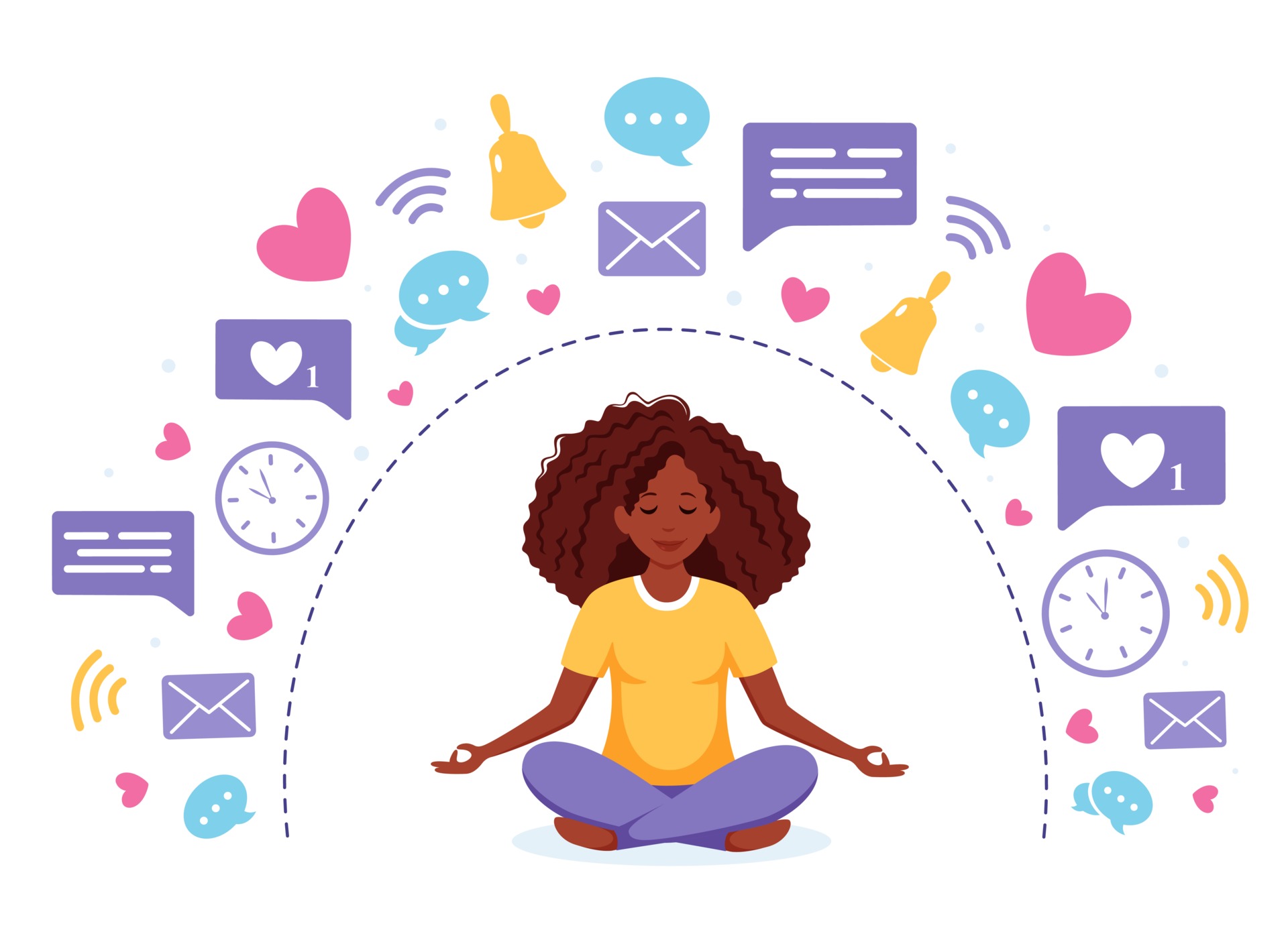
by Laura Stack, MBA, CSP, CPAE
“To thrive in this new age of hyper-change and growing uncertainty, it is now imperative to learn a new competency—how to accurately anticipate the future.”—Dan Burrus, author, business advisor, and futurist
When many people hear the term “New Age,” we think of crystals, magic mushrooms, and alternative spirituality. But when applied to business practices, the term takes on a different meaning. Oh, there’s some of the esoteric in New Age business; but as it typically does, the business community has extracted only what seems to work. It’s more of a New Age of productivity than a new type of lifestyle. Practitioners of New Age management techniques have chosen logical practices for treating their human resources as, well, more human. Let’s take a look at a few, starting with the obvious.
-
- Meditation. Many Westerners have misguided ideas about meditation. Stripped of mysticism, it’s simply a way to relax and clear your mind—a welcome exercise for a desk-bound worker. This allows you better access to the creative and subconscious parts of your mind. If you come up with a new idea or insight during the process, that’s a bonus—and you may end up with more dividends than you expect. It worked for Henry Ford’s famous idea man, whom Ford’s efficiency expert disapproved of until Ford pointed out that the man’s ideas had saved him millions. I won’t teach you how to meditate here; you can find hundreds of resources that do so on the Internet, depending on your intention (it’s not just all about not thinking). When I first tried deep breathing for meditation, I couldn’t stop my mind from going over my to-do list, so now I pray instead to keep my mind focused.
- Mindfulness involves paying strict attention to what you’re doing in the moment. While letting yourself run on automatic can increase your productivity, it doesn’t work for everything. I think of it as more peripheral to work than central to it: routine gets you dressed, through breakfast, to work, and into your daily mode, but while you work, mindfulness ensures your focus, reduces mistakes, and deepens your effectiveness and understanding of what you’re doing. Running on automatic, you learn little or nothing; mindfulness is how your improve your work and your work ethic and expand your repertoire. Errors become fewer, your pace more deliberate, efficient, and effective. Remember: True productivity lies where efficiency and effectiveness intersect.
- Singletasking. This is a point I’ve made repeatedly over the years: do one thing at a time with your full focus, and you can do it better and faster than if you try to divide your attention with multiple tasks. While workers are arguably improving at multitasking (if only due to the nature of their daily lives), many employers have begun to emphasize it less. Why? Possibly because Millennials and subsequent generations have begun entering the workplace in increasing numbers, with some of the older Millennials having risen to the top by now. Having seen the tech bubble burst, followed by the Great Recession and its effects, these workers are more likely to be self-focused vs. job focused. They still do their jobs, but don’t kill themselves doing so. Ironically, the result is often greater productivity.
- Enhanced Remote Working. You knew I’d include this one, right? The COVID-19 pandemic has forced us to learn better ways to work remotely, using technology that’s advanced significantly since we last tried telecommuting en masse. Meetings on Zoom and Skype have become so common as to be unremarkable, much like predicted in old science fiction. “Videophones” looked like they weren’t really going to happen—until new technology and their utter utility during the pandemic made them ubiquitous and as necessary as air if we were to continue doing “face-to-face” business. Ease of use and our new familiarity with them makes it unlikely we’ll stop using these and other simple tools to work from anywhere in the world. Remote work has come into its own.
- A New Focus on Well Being. Even before COVID, companies were becoming more concerned about the health and well being of their individual employees. Healthy employees are productive employees, and we’ve now come to realize that taking regular breaks, getting access to natural light, regularly changing posture, the presence of plants, and even walking meetings improve employee well-being enough to improve their performance.
The Age of Productivus
New Age workplace practices may sometimes seem a little woo-woo, but the ones we’ve adopted are logical, and they work. These are just a few such “new age” practices. Do you have more to add to the mix? Let us know in the comments!
© 2021 Laura Stack. Laura Stack, MBA, CSP, CPAE is an award-winning keynote speaker, bestselling author, and noted authority on employee and team productivity. She is the president of The Productivity Pro, Inc., a company dedicated to helping leaders increase workplace performance in high-stress environments. Stack has authored eight books, including FASTER TOGETHER: Accelerating Your Team’s Productivity (Berrett-Koehler 2018). She is a past president of the National Speakers Association, and a member of its exclusive Speaker Hall of Fame (with fewer than 175 members worldwide). Stack’s clients include Cisco Systems, Wal-Mart, and Bank of America, and she has been featured on the CBS Early Show and CNN, and in the New York Times. To have Laura Stack speak at an upcoming meeting or event, call 303-471-7401 or contact us online.


